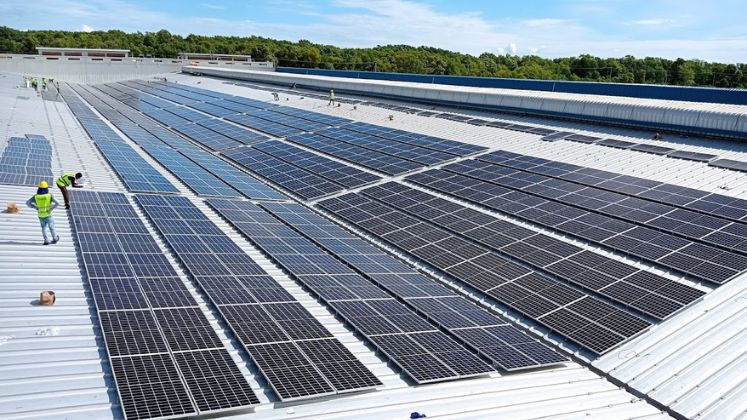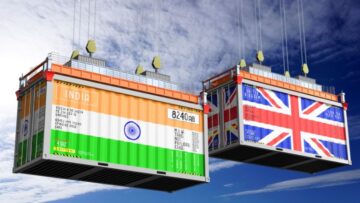
The Government has announced a comprehensive update to its Renewable Energy Policy, the first in 17 years, with ambitious targets to generate at least 20 per cent of the nation’s electricity from renewable sources by 2030. The policy, officially titled Renewable Energy Policy 2025, was officially uploaded on the Power Division’s website on Thursday.
The new policy introduces a decade-long corporate tax exemption for all renewable energy producers, both Government and private, followed by an additional five years of partial exemption. It encourages all types of consumers, residential, industrial, and commercial, to establish renewable energy systems on rooftops, yards, or premises, which can be sold to Government agencies or private entities under the Net Metering Guidelines 2018.
Bangladesh’s current renewable energy capacity stands at approximately 1,563 MW, accounting for around 8 per cent of the country’s total demand and 5.6 per cent of its overall capacity of 27,426 MW. The new policy aims to significantly scale up renewable capacity, promoting diverse sources such as solar, wind, tidal, geothermal, biomass, and waste-to-energy.
The Government plans to foster peer-to-peer (P2P) trade in renewable energy, allowing consumers with solar panels or other renewable systems to directly trade excess electricity with others, utilising existing distribution and transmission networks. Additionally, power distribution companies will develop solar mini, micro, nano, and pico grids, especially in areas where connection to the national grid is unfeasible. The private sector will also be permitted to operate these grids on a competitive market basis.
To ensure a sustainable market, the policy mandates renewable purchase obligations for utilities, Government agencies, and other entities, requiring them to procure a certain percentage of their power from renewable sources. A Renewable Energy Certificate system will also be introduced, enabling the trading of environmental attributes associated with renewable electricity generation.
The Sustainable and Renewable Energy Development Authority (SREDA) will serve as the central agency overseeing all renewable projects, both grid-connected and off-grid. SREDA will develop a detailed implementation roadmap, promote local manufacturing of renewable equipment, and establish a national quality control laboratory to ensure equipment standards.
The policy aims to reduce electricity prices and Government subsidies, fostering a favorable environment for renewable energy growth. By harnessing domestic renewable resources and promoting local production, the Government seeks to enhance energy security and reduce dependence on fossil fuels.
While the policy primarily focuses on expanding renewable energy infrastructure, it is expected to positively impact the Ready-Made Garments (RMG) industry indirectly. As renewable energy capacity increases and electricity prices potentially decrease, RMG factories, large consumers of power, may benefit from more stable and affordable energy costs. Additionally, the promotion of rooftop solar systems and decentralised grids could enable factories to generate their own power, reducing reliance on the national grid and mitigating disruptions, especially during peak demand or outages.
Furthermore, the emphasis on sustainable practices aligns with global trends toward eco-friendly manufacturing, which could enhance the RMG sector’s competitiveness in international markets seeking sustainable products.
The Government plans to utilise fallow land, khas land, char areas, riversides, seashores, and hilly terrains, particularly land with no agricultural value, for renewable projects. Various Government agencies own large unused lands that can be effectively utilised for renewable development.
Overall, the new renewable energy policy marks a significant step toward a sustainable, self-reliant energy future for Bangladesh, with promising implications for industrial sectors like RMG, supporting growth while adhering to environmental commitments.






